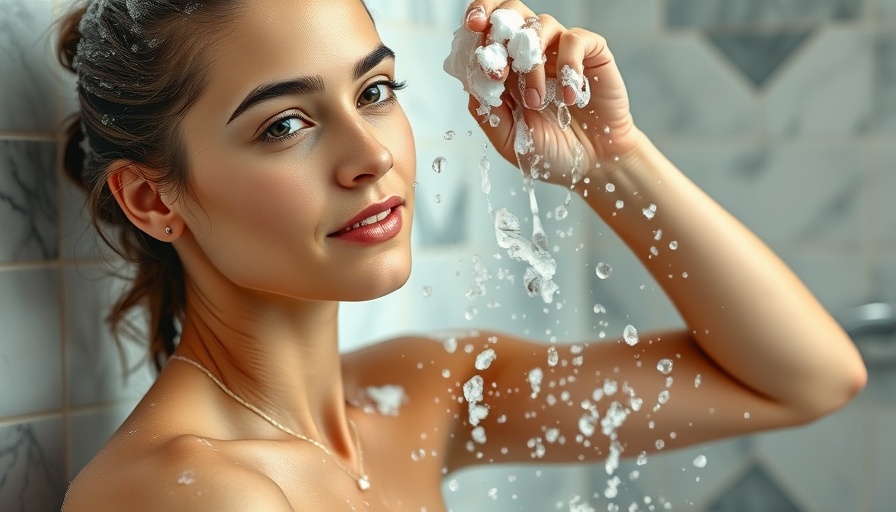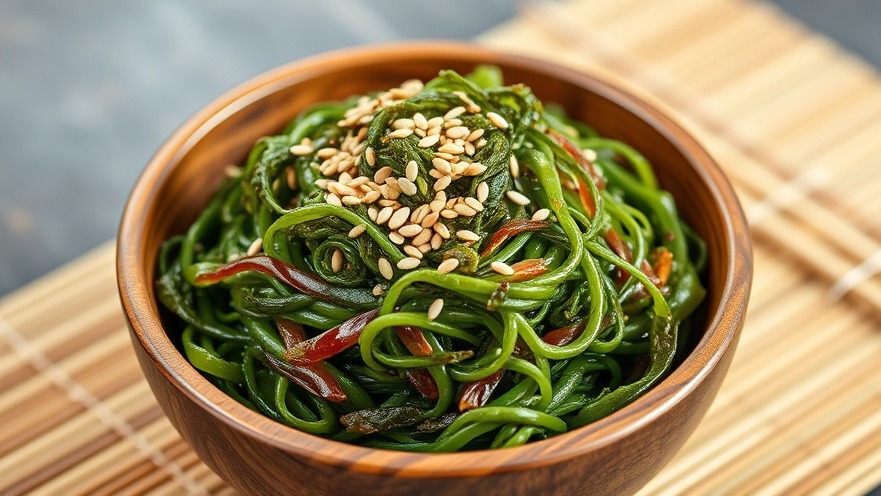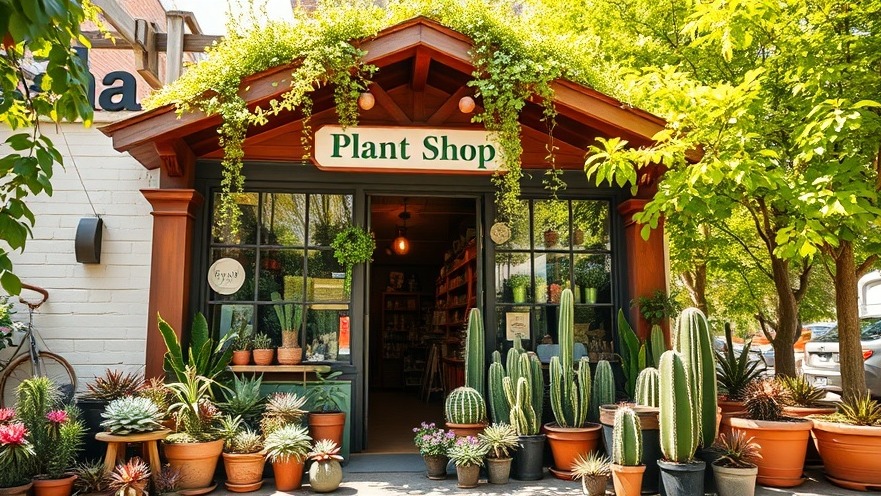
Shampoo and Personal Care Products: A Hidden Threat to Aquatic Life
Every day, people wash their hair and apply personal care products without realizing the hidden dangers lurking in their beauty routines. New research reveals that common items like shampoos and conditioners can pose significant risks to aquatic life. The chemicals contained in these products, specifically softening agents, can have detrimental effects on small aquatic creatures, raising concerns for both environmentalists and conscientious consumers.
Understanding Softening Agents: The Chemicals Behind the Harm
Softening agents are crucial components in shampoos, conditioners, and even certain personal care items. These substances, typically positively charged, are designed to bind to hair, reducing frizz and adding shine. However, researchers at Aarhus University have uncovered a darker side to these softening agents. They found that the agents do not penetrate animal cells—they instead adhere to the surfaces of small aquatic organisms, like daphnia, impairing their mobility and feeding abilities.
Impacting Daphnia: The Ecosystem Consequences
The implications of these findings are particularly alarming when considering the role of daphnia in aquatic ecosystems. As natural cleaners of algae and bacteria in water bodies, they serve as a food source for fish and other wildlife. When too many softening agents enter water systems, they can thwart daphnia’s mobility significantly, reducing their ability to sustain themselves and threatening aquatic life overall.
Future Regulations: A Necessary Step Forward
Regulatory bodies, especially in the European Union, are beginning to recognize the potential hazards posed by these substances. As senior researcher Hans Sanderson indicated, an evaluation of softening agents that do not penetrate cellular structures is underway. This could potentially lead to stricter regulations and greater industry accountability, an urgency that has not been present in previous environmental discussions.
The Call for Cleaner Personal Care Products
This newfound understanding elevates the importance of choosing sustainable and eco-friendly personal care products. Boutique hospitality professionals, eco-lodge managers, and Airbnb hosts must consider the impact of their guests’ everyday products on the environment. Simple shifts, such as utilizing biodegradable shampoos and conditioners made with natural ingredients, can significantly reduce harmful outputs and promote cleaner waterways.
Microplastics and Their Connection to Personal Care Products
In addition to softening agents, microplastics present another serious threat to aquatic life. Many personal care products, including scrubs and exfoliants, contain tiny plastic beads that, once washed down the drain, contribute to microplastic pollution in our oceans. These plastics can accumulate in the food chain, adversely affecting both marine life and human health. Boutique hospitality businesses can pioneer change by opting for products that are labeled as free from microplastics, helping promote a cleaner environment for both guests and wildlife.
What Your Business Can Do: Practical Tips for Sustainable Choices
Here are simple yet effective actions boutique hospitality operators can take to minimize their environmental impact:
Choose Biodegradable Products: Opt for shampoos and conditioners made from natural ingredients.
Educate Guests: Provide literature on the importance of choosing eco-friendly products.
Implement a Waste Management System: Set up a recycling program for guests to dispose of product containers responsibly.
Raising Awareness for our Aquatic Friends
Understanding the connection between personal care products and aquatic ecosystem health invites a broader conversation about climate awareness and environmental responsibility. As society continues to grapple with pollution and climate change, a focus on individual actions—like the products we choose—can manifest significant improvement in maintaining the balance of nature’s delicate ecosystems.
The Future of Sustainable Hospitality
With challenges such as climate change looming larger than ever, every segment of society, including the hospitality industry, must embrace sustainability initiatives. By becoming part of the solution, businesses not only cater to the growing eco-conscious traveler but also contribute to the preservation of vital aquatic ecosystems.
Join the conversation on how we can all be better stewards of our environment. Are you ready to make a change in your personal care routine for the planet’s sake?
 Add Row
Add Row  Add
Add 




Write A Comment